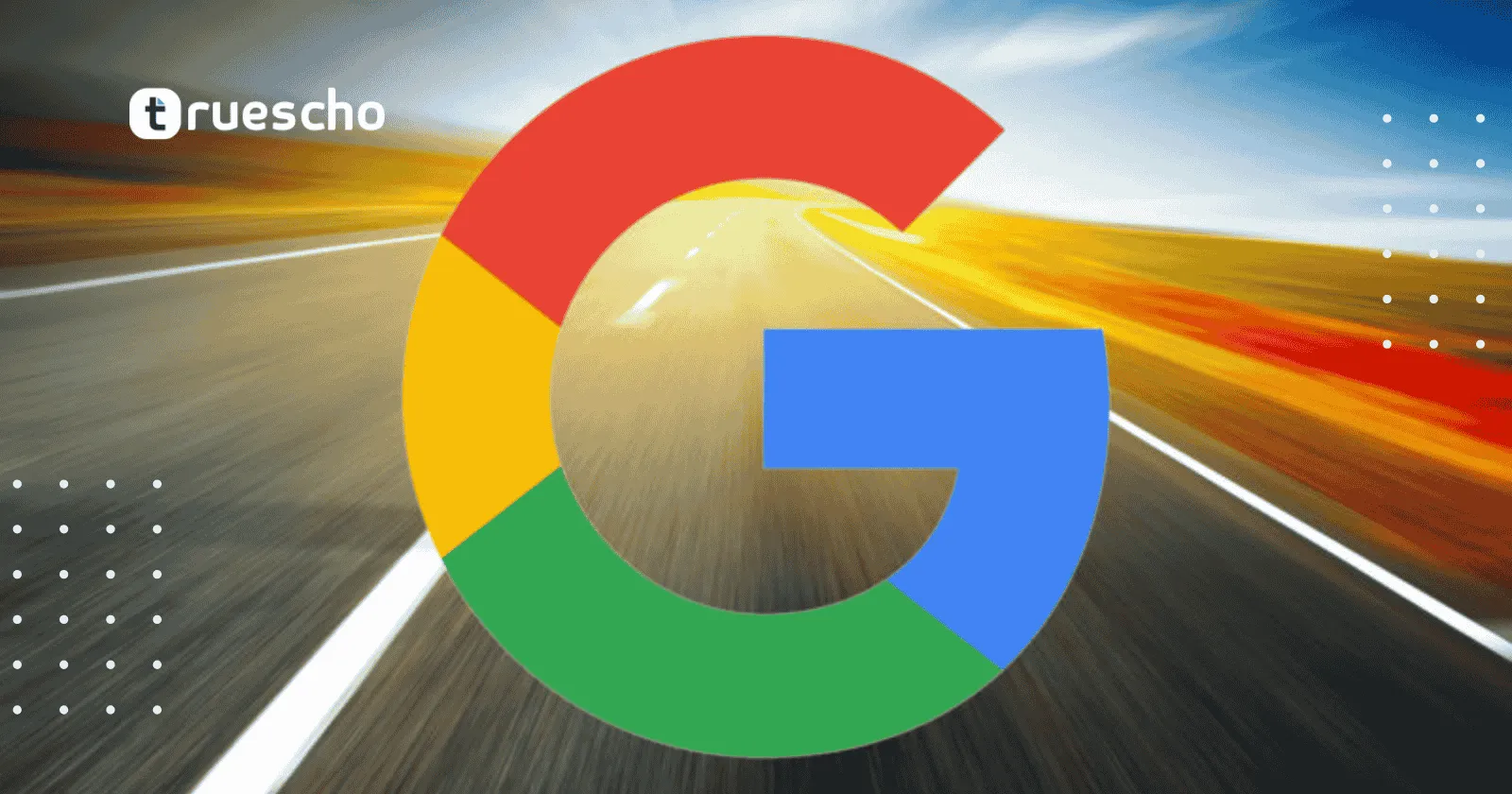Google launches new healthcare related features for Search, Android
In a move that underscores its commitment to improving healthcare-related digital experiences, Google launches new healthcare features designed to enhance its Search functionality and Android ecosystem. The company’s latest updates focus on offering more reliable, user-friendly, and comprehensive health information.
These advancements not only improve the clarity of health-related queries but also integrate critical medical data across devices, making it easier for users to access their personal health information and advice based on shared community experiences. As Google launches new healthcare tools, the emphasis remains on bridging the gap between formal medical data and user-generated insights.
By leveraging advanced artificial intelligence (AI) and improved ranking systems, Google launches new healthcare solutions that ensure health information is both accurate and accessible. Whether you are searching for symptoms, treatments, or general advice, these updates aim to create a more holistic view of health-related searches, reinforcing Google launches new healthcare initiatives to improve digital medical resources.
Table of Contents
Enhanced Health Search Experience
One of the standout updates is the expansion of Google’s knowledge panel answers for a wide range of health topics. Traditionally known for providing quick facts on common ailments like the flu or the common cold, the search giant now applies AI-driven improvements to yield more comprehensive overviews on thousands of health-related subjects.
This enhancement means that users can now expect more detailed and reliable information when posing health-related queries. Among the key improvements are:
- Expanded Coverage: The knowledge panels now cover a broader spectrum of topics beyond just the most common ailments.
- Multi-Language Support: In addition to English, support for healthcare queries in Spanish, Portuguese, and Japanese is now available for mobile users, making the feature accessible to a more diverse global audience.
- AI-Powered Personalization: Leveraging advanced AI, Google now offers tailored content based on a more refined understanding of user queries and intent.
“What People Suggest”: A Community-Driven Feature
Understanding that personal experiences can significantly impact health decisions, Google has rolled out a new mobile Search feature called “What People Suggest” in the United States. This feature is designed to aggregate user-generated content from various online forums, enhancing traditional expert-driven responses with real-world insights.
For instance, if a user searches for common exercises beneficial for individuals with arthritis, “What People Suggest” uses AI to collate, analyze, and present firsthand experiences shared by people who have faced similar challenges. By doing so, Google is ensuring that healthcare seekers are not only provided with clinically accurate information but also the lived experiences of others, which can provide comfort, context, and practical advice.
“While people come to Search to find reliable medical information from experts, they also value hearing from others who have similar experiences,” explained Karen DeSalvo, Chief Health Officer at Google. “Using AI, we’re able to organize different perspectives from online discussions into easy-to-understand themes, helping you quickly grasp what people are saying.”
This community-centric approach is set to reduce the need for users to navigate away from Search to external forums for supplementary health advice.
Read also: NA10 MCP Agent Update
Revolutionizing Medical Data Management on Android
In addition to improving the Search experience, Google is extending its innovation to its Health Connect platform on Android. The company has launched new global medical records application programming interfaces (APIs) designed to standardize healthcare data exchange between different medical providers and user applications. These APIs support a wide range of information including allergies, medications, immunizations, and lab results, all formatted according to international FHIR (Fast Healthcare Interoperability Resources) standards.
Key aspects of this development include:
- Seamless Data Integration: Users can now view their personal medical records alongside everyday health data such as activity, sleep, nutrition, and vitals.
- Data Standardization: The adoption of FHIR format ensures that the data is consistent, accurate, and easily shareable across healthcare providers and applications.
- Enhanced Accessibility: With the unified data view, managing personal health information becomes simpler and more intuitive on Android devices.
This new functionality promises to enhance the synergy between clinical data and everyday wellness information, ultimately fostering better health management through a more integrated digital ecosystem.
Read also: Data breach at stalkerware SpyX
Advanced Device Functionalities for Improved Patient Safety
Google is not stopping at digital information alone. The company has also made significant strides in physical device innovation with its latest update for the Pixel Watch 3. The smartwatch will soon feature an advanced Loss of Pulse Detection system. Having received clearance from the U.S. Food and Drug Administration (FDA), this feature is designed to monitor the wearer’s pulse in real time.
Should the device detect a loss of pulse — potentially due to events like primary cardiac arrest, respiratory or circulatory failure, overdose, or poisoning — it will automatically prompt a call to emergency services if the wearer is unresponsive. Such proactive safety measures underline Google’s dedication to integrating health monitoring into everyday technology, aiming to turn a personal device into a critical emergency support tool.
In tandem with this, Google has introduced new open AI models for drug discovery, further consolidating its role in the healthcare technology arena. The new tool, known as TxGemma, builds on earlier innovations from Gemini AI models designed for multimodal healthcare applications. These cutting-edge AI models are expected to accelerate the process of drug discovery and development, offering more efficient solutions in research settings in the upcoming weeks.

Tips for Optimizing Your Healthcare Digital Experience
With these new tools and features now available, users can maximize their digital healthcare experience by following these simple tips:
- Explore Expanded Knowledge Panels: When researching symptoms or treatments, utilize Google’s enhanced knowledge panels for quick, reliable insights.
- Utilize Multi-Language Support: If you are more comfortable in Spanish, Portuguese, or Japanese, try switching to these language settings on your mobile device for a more personalized experience.
- Engage with Community Content: Don’t hesitate to check out the “What People Suggest” section. Real-life experiences can often provide practical advice that complements expert opinions.
- Consolidate Your Health Data: Take advantage of the new medical records APIs on the Health Connect platform to keep your health information in one accessible location.
- Stay Informed: Keep an eye on updates related to your devices, like the Pixel Watch 3, which now comes equipped with emergency monitoring systems to ensure personal safety.
Read also: The Future of AI in YouTube
Valuable Resource for Content Creators
If you’re a writer or content creator looking for tools that streamline your workflow and enhance your creative process, consider exploring AR WRITER AI. This platform offers a comprehensive suite of AI-powered tools designed to improve content creation, editing, and overall productivity. It’s a smart choice for anyone aiming to produce high-quality, SEO-optimized content efficiently.
Conclusion
Google launches new healthcare updates that demonstrate the tech giant’s commitment to merging technology with everyday health needs. By enhancing the Search experience with advanced AI-powered knowledge panels, supporting multiple languages, and integrating community insights, Google launches new healthcare solutions to ensure accurate medical information is easily accessible to everyone.
Simultaneously, the rollout of standardized medical records APIs and advanced device features signals a robust move toward a more integrated, patient-centric healthcare ecosystem. Whether you are a health-conscious individual seeking reliable information or a developer looking to integrate medical data seamlessly across applications, Google launches new healthcare innovations that promise to elevate the digital healthcare experience.
With patient safety features like the Loss of Pulse Detection on the Pixel Watch 3 and AI models aimed at drug discovery, Google launches new healthcare initiatives that pave the way for a future where technology and healthcare work hand in hand.
Stay tuned for more updates as these features roll out globally, and remember to take advantage of the digital tools available today to ensure that your health information is always at your fingertips.
Read also: Firebase Studio Alternatives



